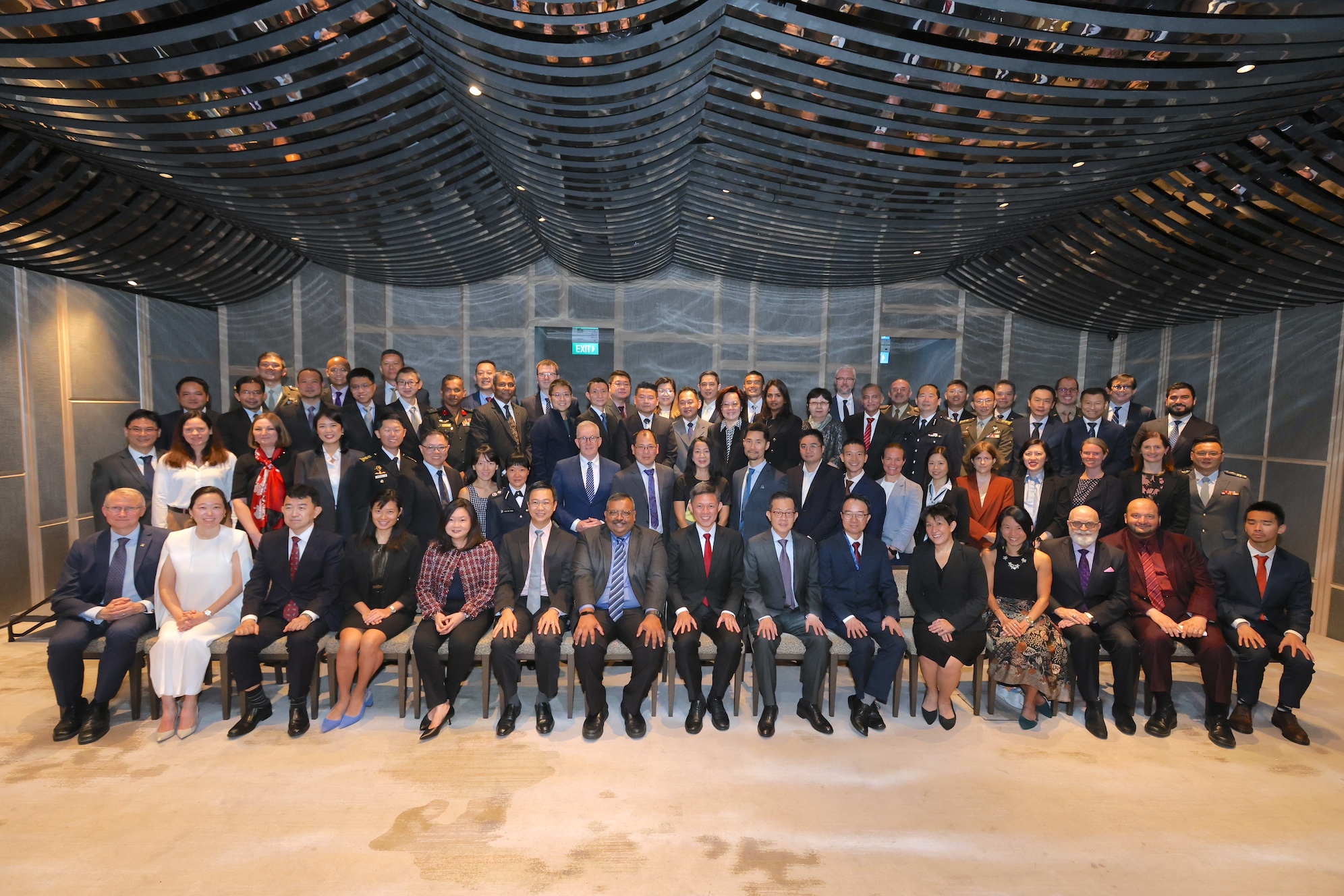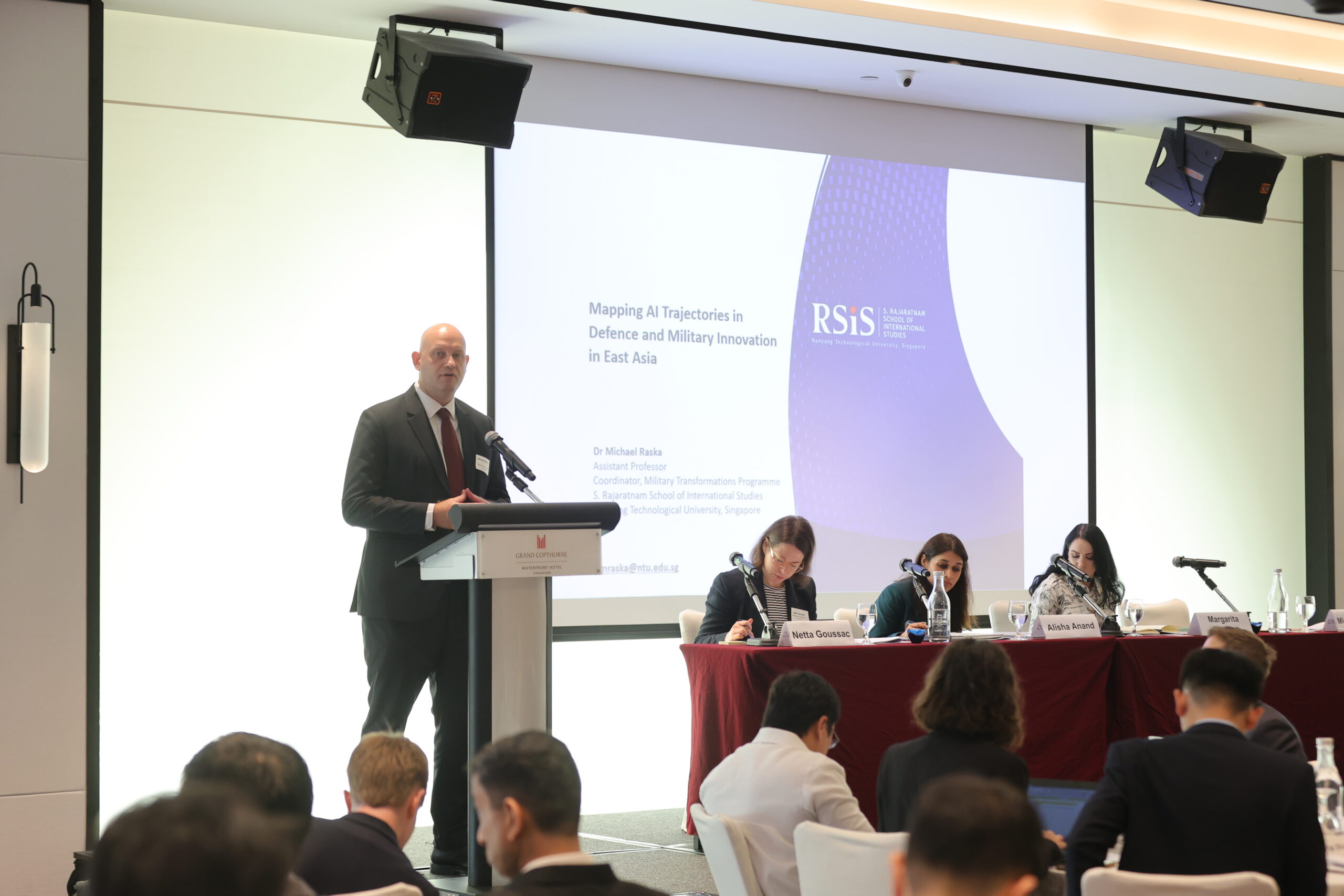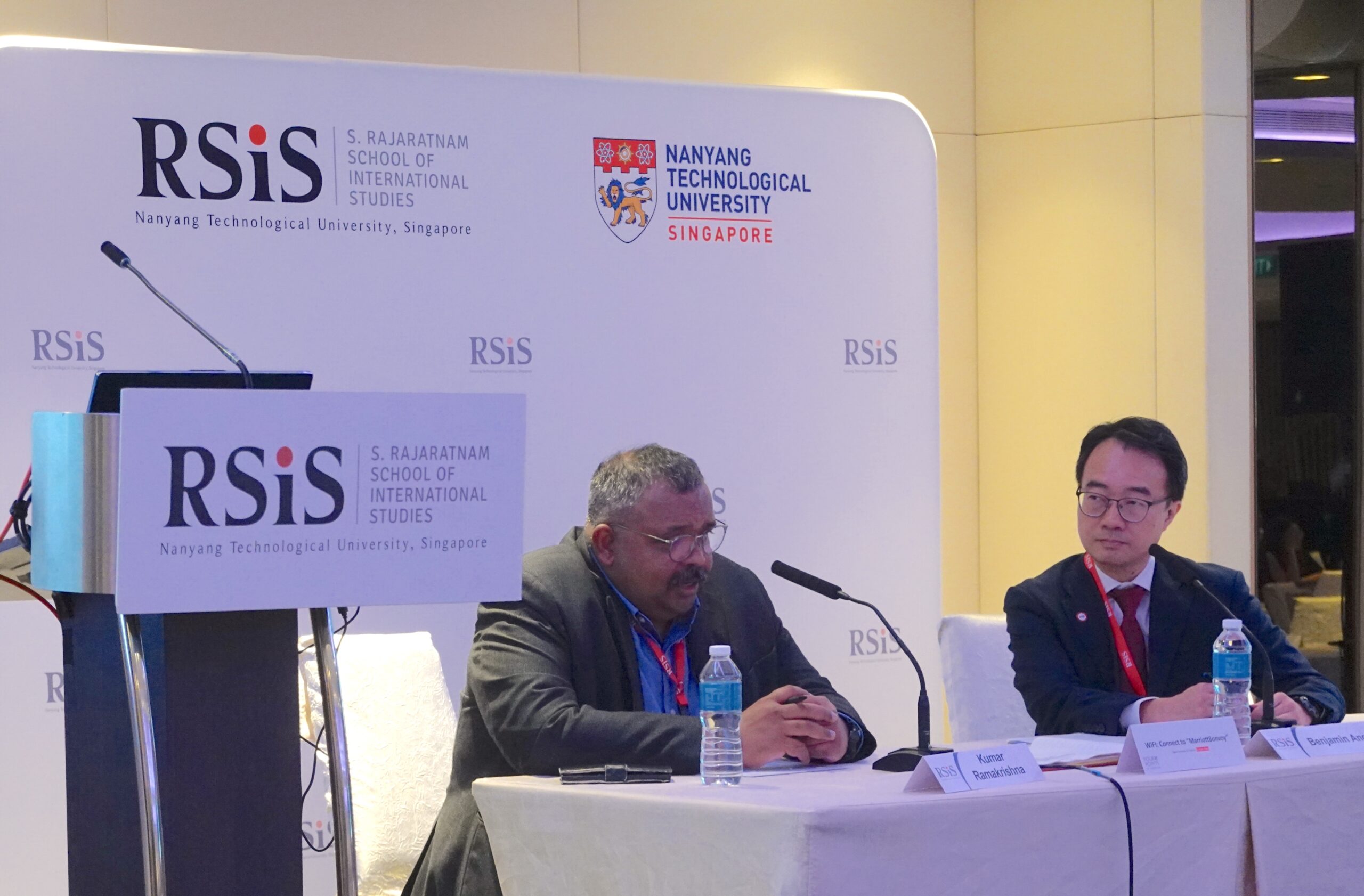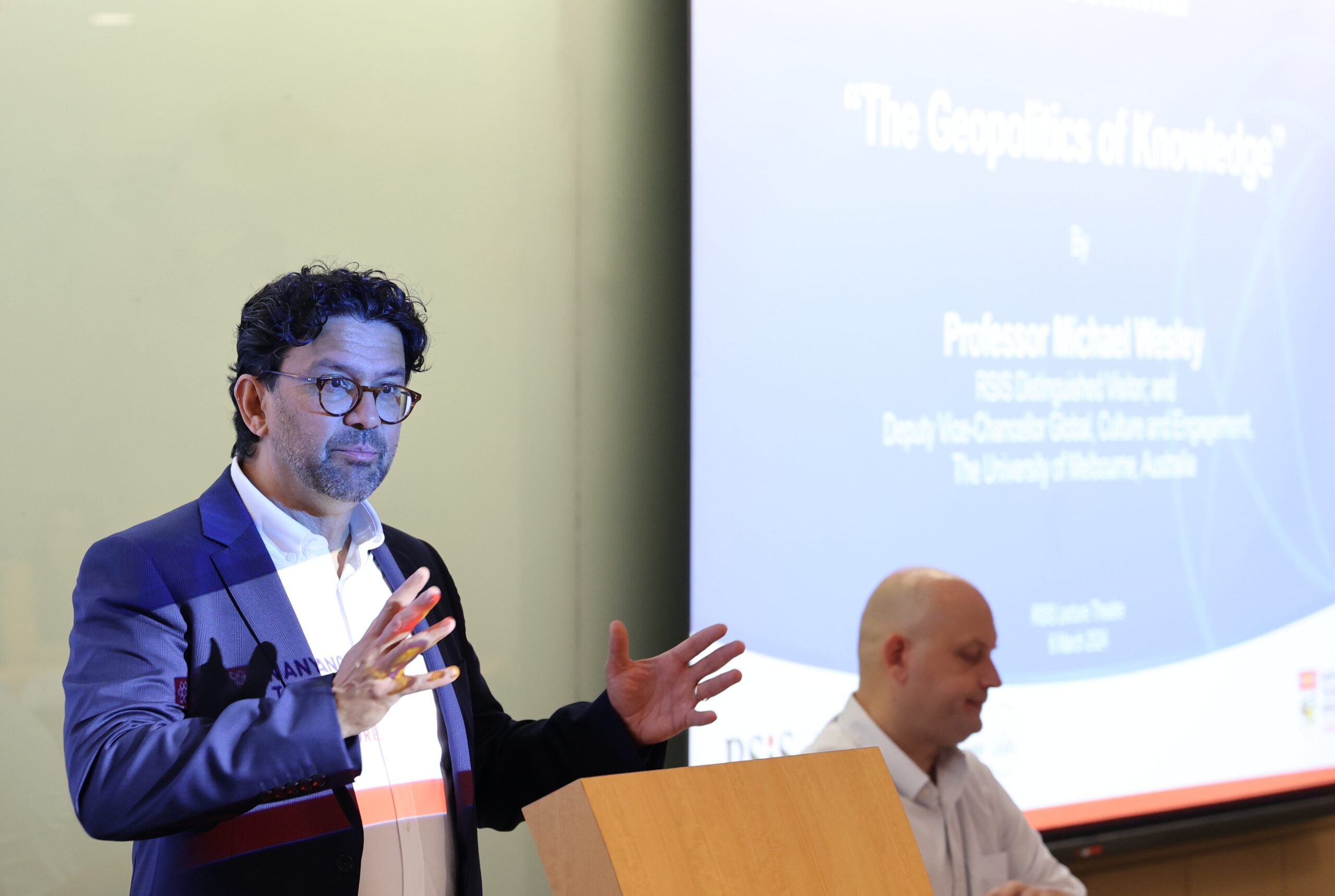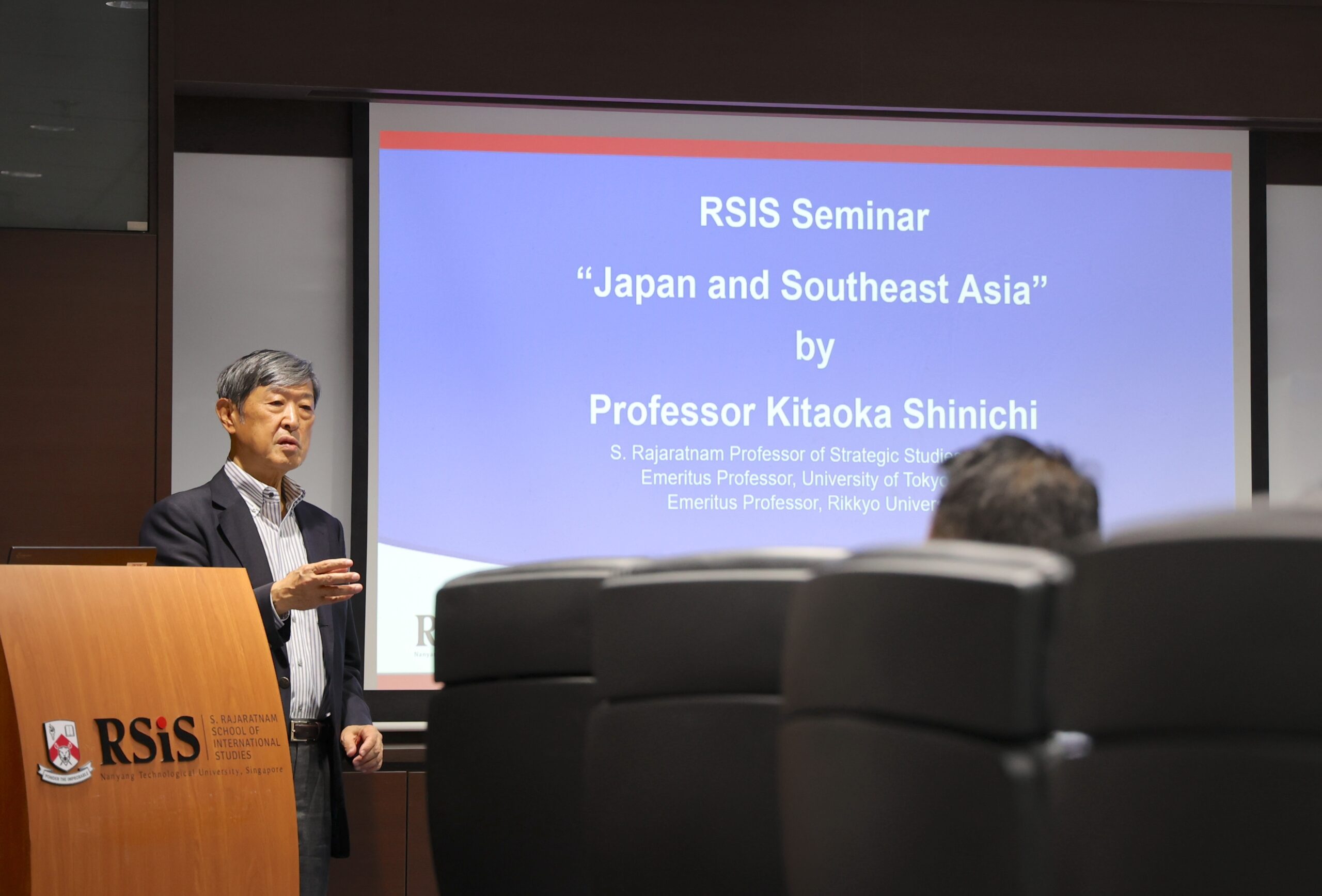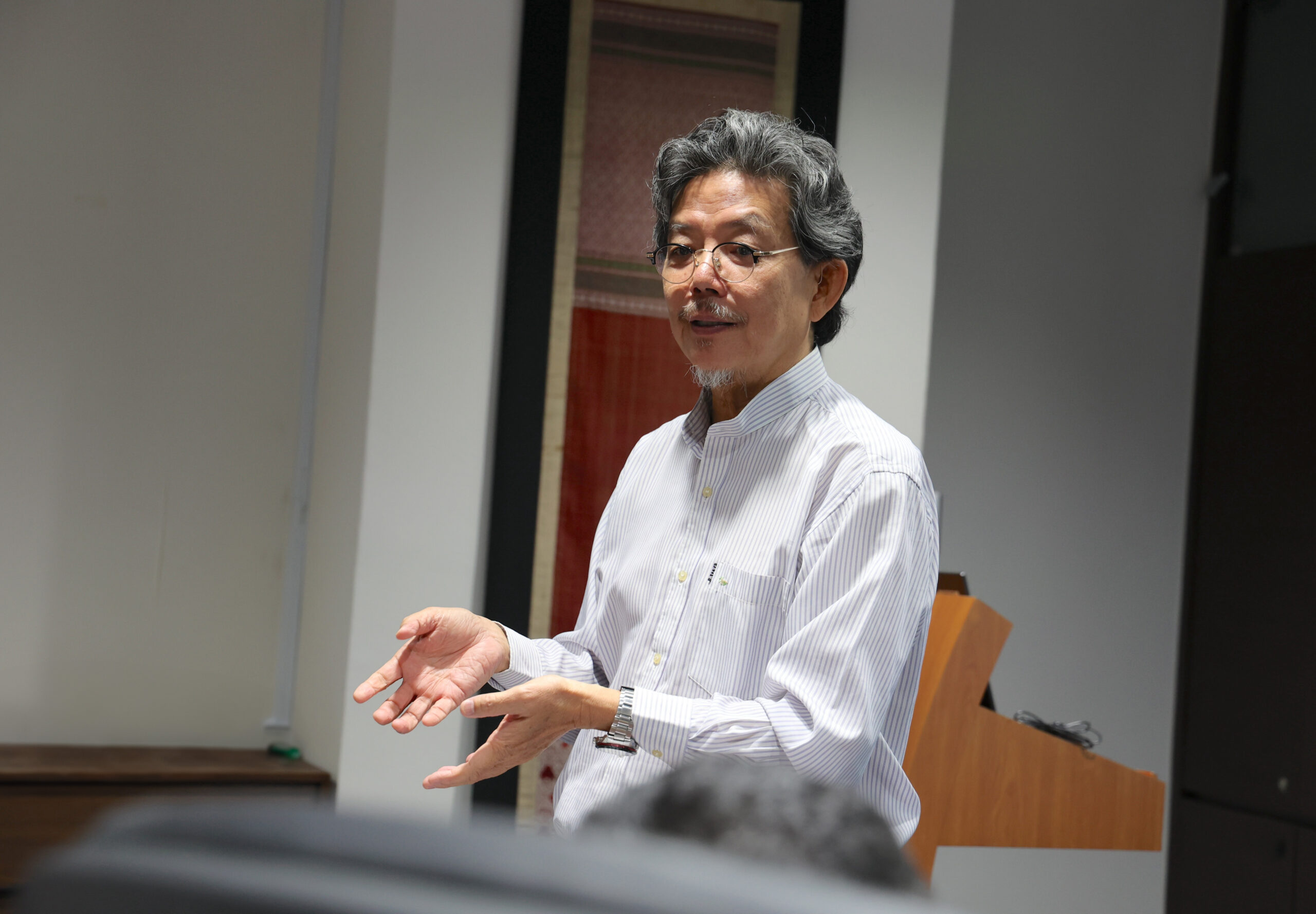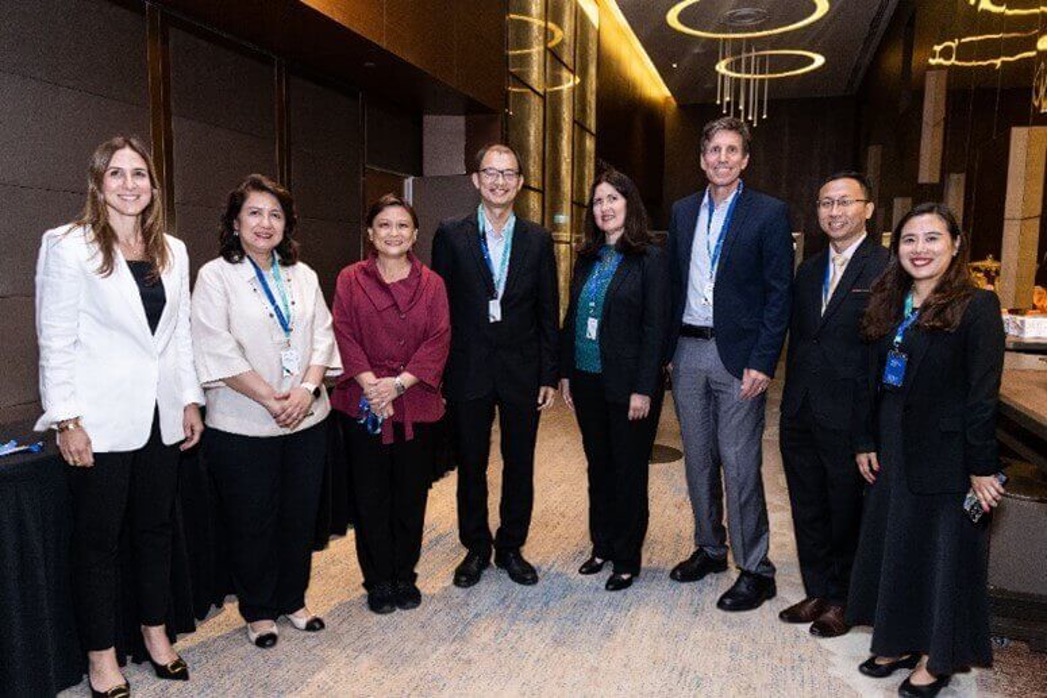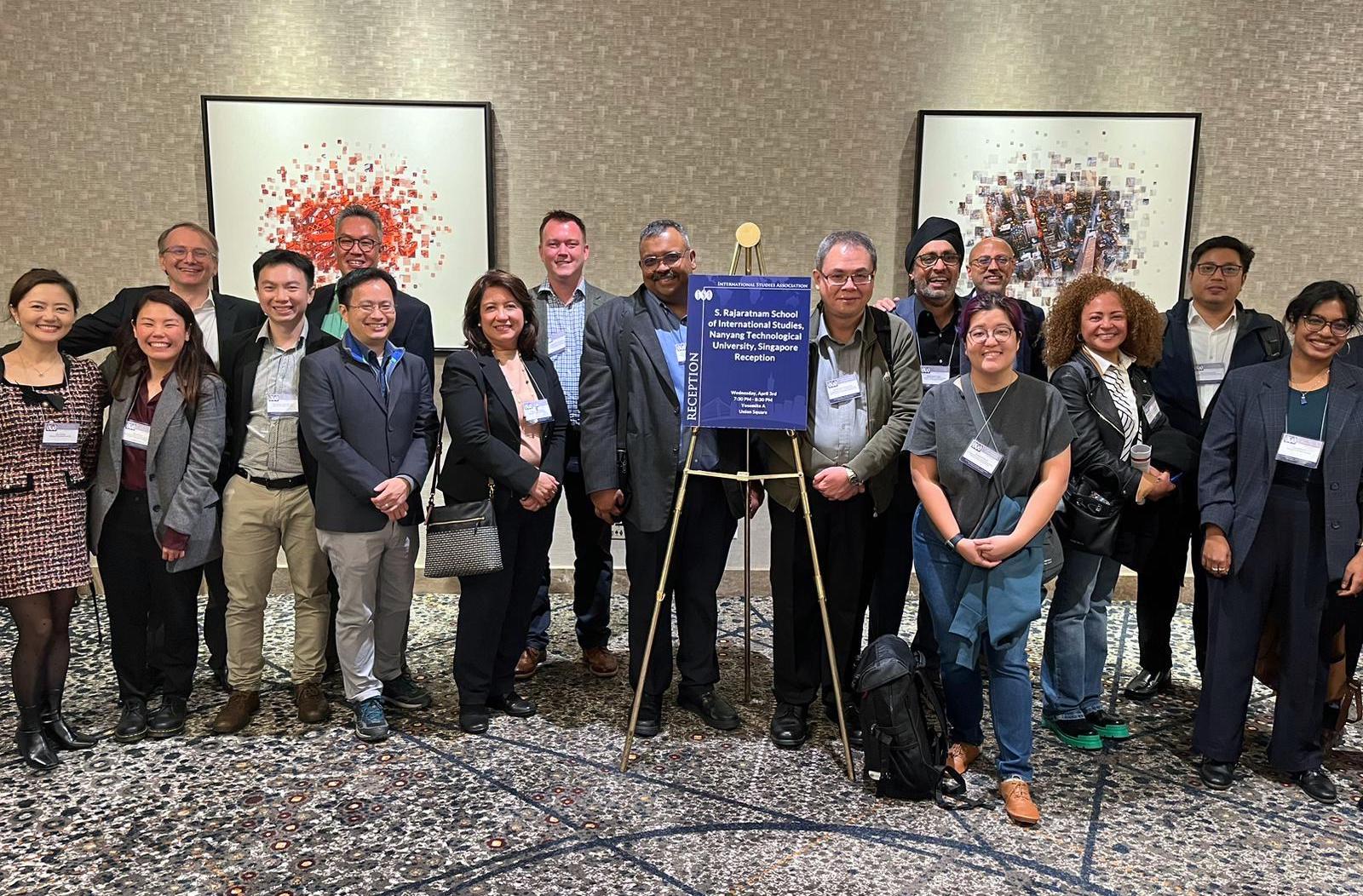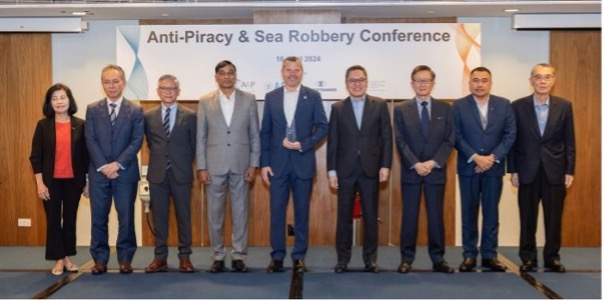

“Non-White Involvement in White Supremacism” was the theme of a webinar held on 21 March 2024 by the International Centre for Political Violence and Terrorism Research (ICPVTR). Dr Lydia Khalil, Project Director at the Lowy Institute and Senior Research Fellow at Deakin University, discussed factors underpinning non-White involvement in White supremacism, largely drawing from Western cases. In addition, Saddiq Basha, Research Analyst at ICPVTR, shared his findings from ICPVTR’s research on extreme right-wing sentiments online in Southeast Asia, focusing on posts made on TikTok. The webinar aimed to shed light on the White supremacist and broader extreme right-wing threat in the region, given the few cases related to extreme right wing that were uncovered recently.
Dr Khalil highlighted that men of diverse ethnic backgrounds were drawn to the White Supremacist movement in the United States in recent years. These non-White men played visible roles and occasionally assumed leadership roles in such movements. Proudly acknowledging their non-White or mixed racial backgrounds, they offered themselves as counterpoints to charges of racism in the extreme right-wing movement. Some racial minorities who support the former US President Donald Trump’s (i.e. “Blacks for Trump” and “Latinos for Trump”) conspiratorial narratives and the mainstreaming of the extreme right, were highlighted as contributing factors for the multi-racial appeal of White supremacism.
Saddiq’s presentation focused on online extremist sentiments found in a few TikTok accounts in Southeast Asia via the use of Western far right figures and symbols. Unlike the West, extreme right-wing narratives in the Southeast Asian context are less prevalent and remains relatively underexplored for its potential for extremism and violence. Saddiq’s sharing shed some light on how extreme right-wing threats of Western origin can land in the Southeast Asian context. His analysis showed that while some of the narratives were direct importations, others were contextualised to issues more specific to the Southeast Asian social and political landscapes.
Questions raised included the use of far-right terminologies, far-right recruitment efforts targeted at non-Whites and whether this trend might intensify, and the nature of Preventing and Countering Violent Extremism (PCVE) efforts in addressing extreme right-wing radicalisation.




